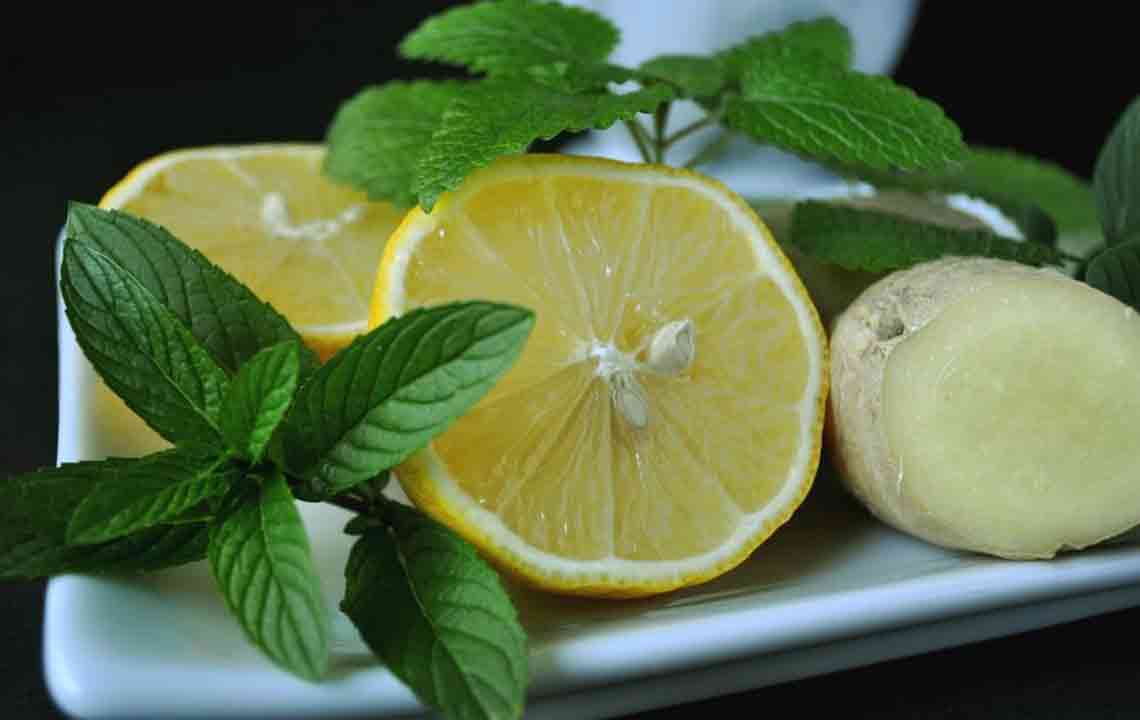Comprehensive Guide to Gas and Bloating: Causes, Symptoms, and Natural Remedies for Relief
Explore this comprehensive guide on gas and bloating, including causes, symptoms, and effective natural remedies. Learn how dietary habits, digestive disorders, and lifestyle choices contribute to excess gas and abdominal discomfort. Discover simple lifestyle modifications like incorporating ginger, chamomile, peppermint, and lemon water to relieve symptoms naturally. This article provides valuable insights into managing these common digestive issues for improved comfort and health, emphasizing preventative measures and when to seek medical attention.

Understanding Gas and Bloating: Causes, Symptoms, and Effective Home Remedies
Gas and bloating are common digestive issues that many people experience at some point in their lives. While often seen as embarrassing or ignored, these symptoms can significantly affect daily comfort and overall well-being. Understanding the underlying causes, recognizing the symptoms, and knowing how to manage them effectively can help alleviate discomfort and improve digestive health.
Excessive gas and bloating usually stem from a combination of dietary choices, lifestyle habits, and underlying health conditions. It’s important to distinguish between harmless occasional symptoms and signals that may indicate more serious health issues such as gastrointestinal infections, food intolerances, or even gastrointestinal cancers. Proper management and lifestyle adjustments can greatly diminish the frequency and severity of these symptoms.
Types of Gas and How They Manifest
Gas in the digestive system manifests in several ways, often related to the processes of digestion and bacterial activity within the gut. Recognizing these can help in understanding and addressing the issues effectively.
Belching or Burping
This is the expulsion of excess gas from the stomach through the mouth. It is a natural process, and everyone burps daily. However, frequent or excessive burping can indicate that the body is producing more gas due to specific triggers. Factors such as swallowing air during eating or drinking, especially when consuming carbonated beverages, can increase burping. Persistent excessive burping may also suggest underlying conditions like acid reflux or gastrointestinal infections.
Flatulence
Flatulence, more commonly known as passing gas through the rectum, is another natural process. It occurs when excess gas accumulates in the intestines and needs to be expelled. Causes of increased flatulence include poor digestion of certain foods like sugars, starches, legumes, and fibers, as well as an unchecked overgrowth of bacteria within the gut. Excessive flatulence can lead to discomfort, embarrassment, and abdominal distension if not managed properly.
Bloating
Bloating describes the sensation of increased pressure, swelling, or fullness in the abdomen. It’s often accompanied by visible abdominal distension and discomfort. Bloating occurs when there is an accumulation of gas or fluid in the gastrointestinal tract, leading to feelings of heaviness and tightness. It can be triggered by various factors, including dietary choices, digestive health, and lifestyle habits.
Common Causes of Excess Gas and Bloating
Understanding what causes these symptoms helps in developing effective prevention and management strategies. Several factors can contribute to the buildup of gas and bloating, including:
Eating habits: Eating too quickly, swallowing air, or consuming large quantities of food in one sitting can lead to increased gas production. Fast eaters often swallow more air and strain digestion, which promotes gas formation.
Dietary choices: Certain foods are notorious for causing gas, including high-sugar processed snacks, artificial sweeteners, fried foods, beans, lentils, broccoli, cabbage, and dairy products for those with lactose intolerance.
Eating habits and habits: Use of straws, gum chewing, and smoking can increase the amount of air swallowed, leading to excess gas.
Digestive disorders: Conditions like irritable bowel syndrome (IBS), gastroesophageal reflux disease (GERD), and food intolerances can disturb normal digestion, leading to increased gas and bloating.
Imbalance of gut bacteria: An overgrowth or imbalance of bacteria such as SIBO (small intestinal bacterial overgrowth) can result in excessive fermentation and gas production.
Stress and anxiety: Psychological factors have a notable impact on gut health, often increasing gas production and contributing to discomfort.
Recognizing the Signs and Symptoms
Being aware of the signs of gas and bloating is essential for timely management. Common symptoms include:
Persistent abdominal fullness and distension
Frequent passage of gas or flatulence
Excessive burping
Stomach cramps, bloating, and discomfort
Urgent or frequent bowel movements
Visible swelling of the abdomen
Occasional heartburn or acidity
Effective Home Remedies and Management Strategies
The good news is that many cases of gas and bloating can be managed with simple lifestyle adjustments and natural remedies. These approaches can significantly improve comfort and reduce symptoms without the need for medication.
Ginger
Ginger contains bioactive compounds that help relax intestinal muscles and reduce inflammation in the gut. Consuming ginger tea or infusing fresh ginger slices in hot water twice daily can promote digestion and alleviate bloating. Ginger also stimulates saliva, bile, and gastric juices, which facilitate digestion.
Chamomile Tea
Renowned for its soothing and antispasmodic properties, chamomile tea helps relax gastrointestinal muscular contractions, easing cramps and reducing inflammation. It also has mild calming effects that help lower stress, which can otherwise exacerbate digestive issues.
Peppermint Tea
Menthol-rich peppermint tea is highly effective in soothing stomach muscles. It relaxes the gastrointestinal tract, reduces cramps, and helps expel excess gas. Drinking peppermint tea before meals or when experiencing bloating can provide quick relief and promote smoother digestion.
Lemon Water
Lemon water is a natural way to stimulate stomach acid production, aiding digestion and breaking down food more efficiently. Regular consumption can help prevent bloating and assist in detoxification, promoting overall gut health.
In addition to these remedies, maintaining a balanced diet, eating slowly, avoiding carbonated drinks, and managing stress through relaxation techniques can go a long way in preventing recurrent gas and bloating. If symptoms persist or worsen, consulting with a healthcare professional is advised to rule out underlying conditions.





